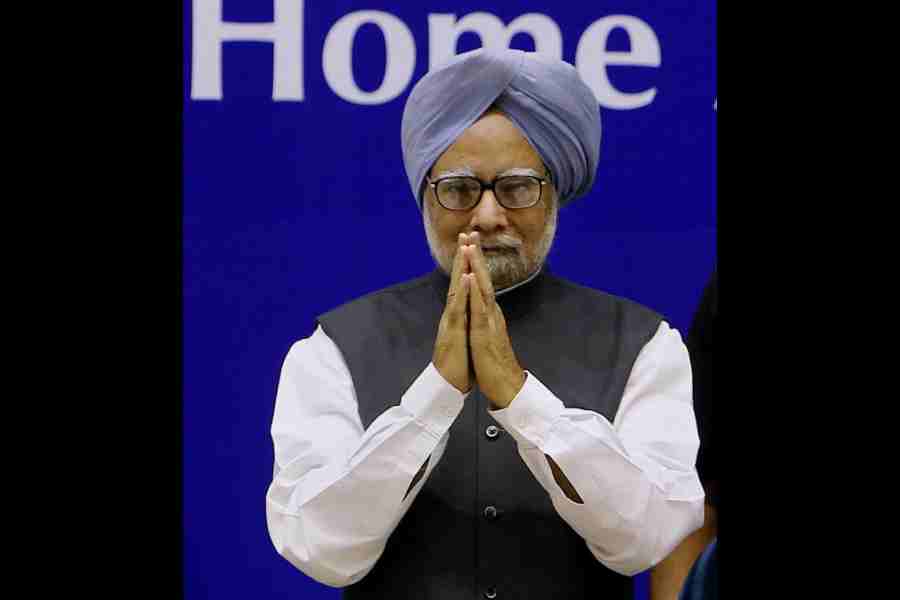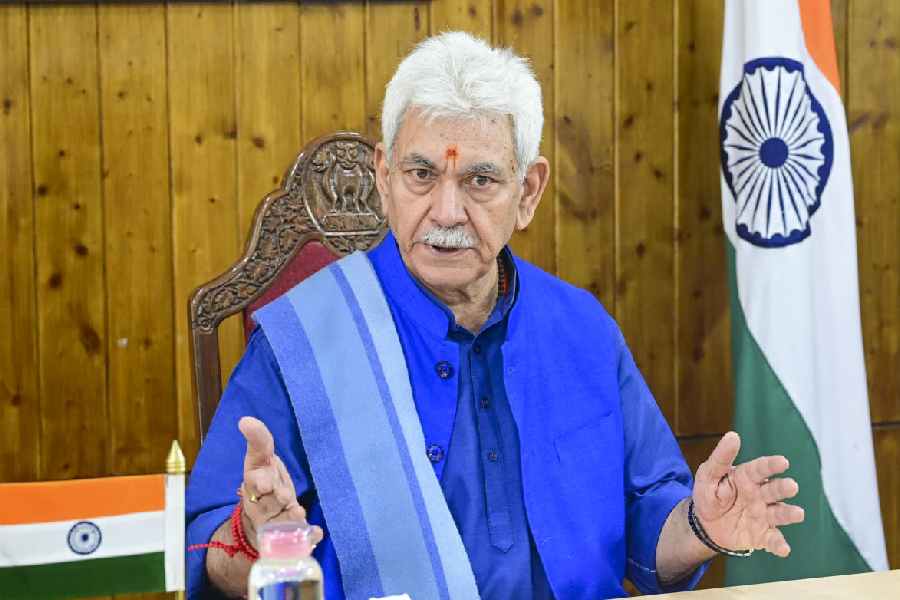Respected leader
Martin Wolf, the chief economic commentator of the Financial Times and one of the most respected voices in British journalism, describes Manmohan Singh as “one of the greatest men I have known”. Singh’s achievements, Wolf argues in his piece, “make him one of the most important policymakers of our era. Today’s economically dynamic India is his legacy. Almost as significant is the example he gave of intelligent, informed and honourable public service. Singh took ideas seriously, yet was unfailingly courteous and open to the ideas of others. I had the privilege of knowing him from 1974, when I was a senior economist in the World Bank’s India Division and he was the government of India’s chief economic adviser.”
He says that “Singh’s most important achievements as a policymaker were made during his years as finance minister from 1991 to 1996”, conceding that his period as prime minister from 2004 to 2014 “is more controversial”.
“Singh achieved what he did because he was a special man at a special time,” concludes Wolf, pointing out that he “provided something that today’s populists increasingly despise: knowledge, wisdom and experience. He also knew the importance of brilliant colleagues... A recent paper... describes him as ‘India’s finest talent scout’. In some quarters today, all this would condemn him as an embodiment of the ‘deep state’... because... people lack belief in the ideal of public service. Singh did believe in it. He believed, too, in a thriving democracy. Indeed, he thought India could not survive without one. The economically dynamic India of today is his
legacy... So, too, is his example of service to the cause of a prosperous India in harmony with the world.”
A novel approach
Traditional renderings of Shakespeare’s The Merchant of Venice portray Shylock as a rapacious, Jewish moneylender. But I have just seen a new production, transposed to the East End of London in 1936, in which there is a much more sympathetic treatment of Shylock. Sir Oswald Mosley’s fascists, dressed in black shirts with arm bands, are shown marching against Jewish settlements in 1930s’ London.
Shylock, recast as a female moneylender, is responding to the cruelties heaped on her. It is her defence which is crucial to the new production: “I am a Jew. Hath not a Jew eyes? Hath not a Jew hands, organs, dimensions, senses, affections, passions? Fed with the same food, hurt with the same weapons, subject to the same diseases, healed by the same means, warmed and cooled by the same winter and summer as a Christian is? If you prick us, do we not bleed?”
The stage is set
The Vedanta chairman, Anil Agarwal, who normally trades in zinc, lead, silver and other metals, should be commended for making an unusual purchase — the 100-year-old Riverside Studios in Hammersmith, West London. It is at this iconic venue that I saw Untouchable , Tamasha’s stage adaptation of Mulk Raj Anand’s novel, in 1989. It is also where I caught a musical biography of the brilliant scientist, Alan Turing, in January last year, and, indeed, many plays in between.
“I invite Indian artists and the film fraternity to showcase their artistic talent and cinematic depth at this world-renowned venue for a truly enriching experience,” says Agarwal who believes that “art has the power to transcend boundaries, unite people, and elevate human experience.”
Places to go
My maternal uncle, Kalipada Sen, an advocate in Guwahati, was assassinated by ULFA. He would have been delighted that Assam’s tourist potential has been recognised by The New York Times. It includes Assam as one of the “52 Places to Visit in 2025” along with the Galápagos Islands, Greenland (which the president-elect of the United States of America, Donald Trump, wants to buy), the Dolomite Mountains in Italy and Montserrat in the Caribbean.
I am thrilled as well, not least because I was born in Assam in what was once the tiny village of Goalpara. My mother told me that tigers and leopards roamed the back garden when she was a little girl. The NYT mentions the ancient burial grounds at Charaideo Moidams, now a UNESCO heritage site, Kaziranga National Park and the tea gardens. Assam’s minister for industries and commerce, Bimal Borah, has been in London this week for a FICCI investment seminar.









